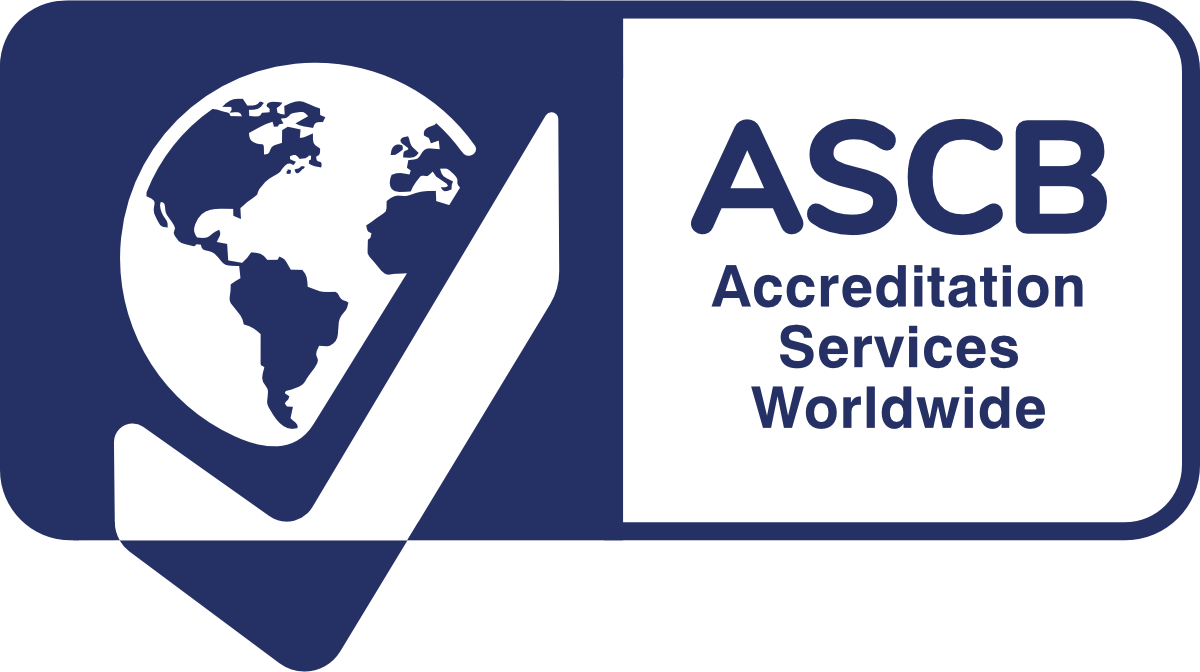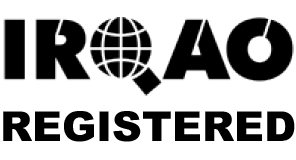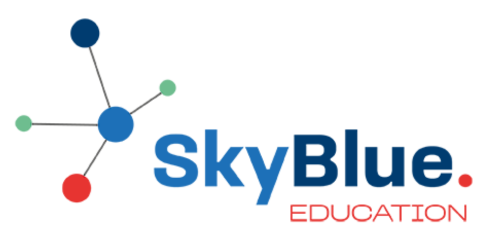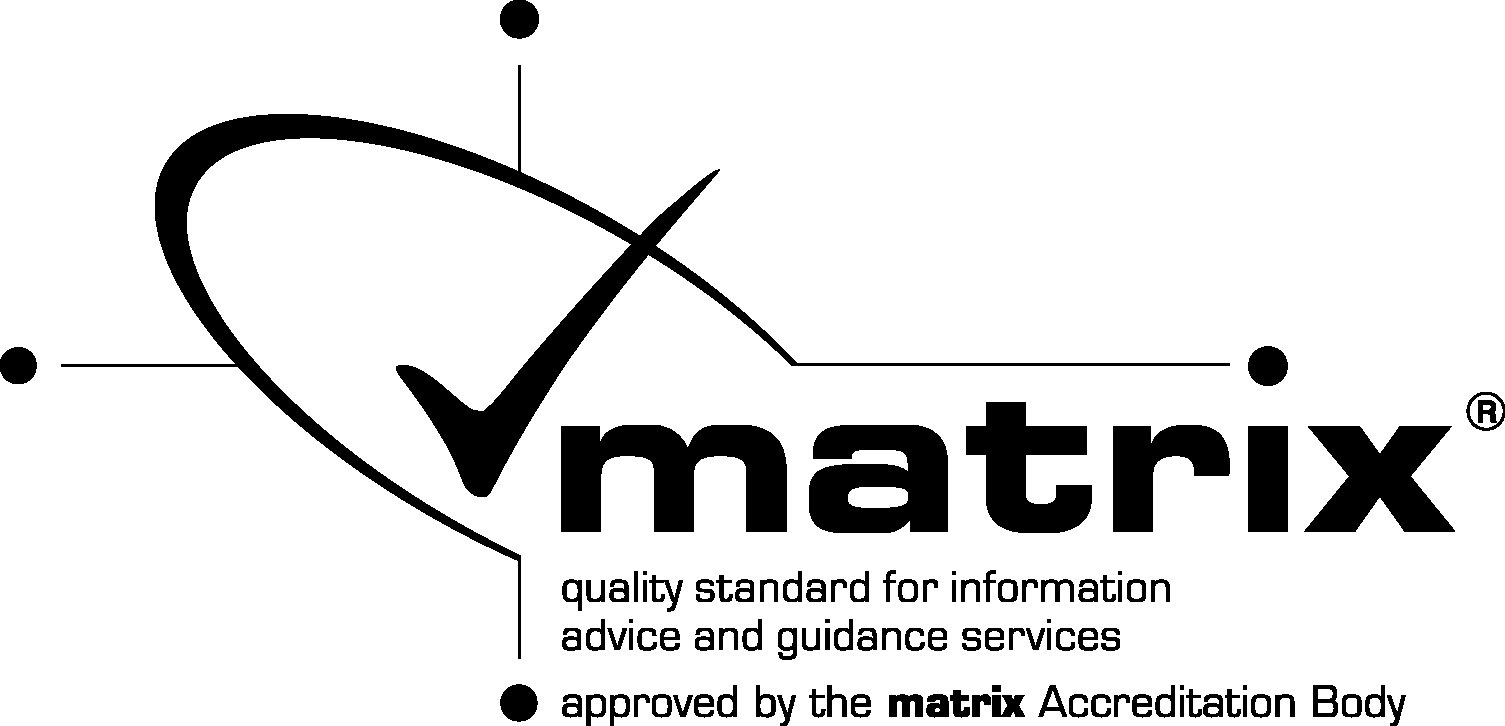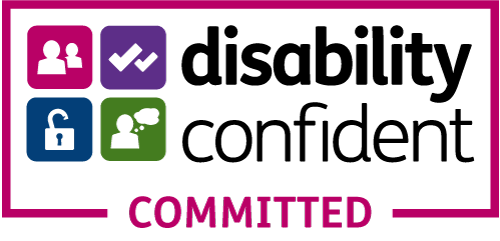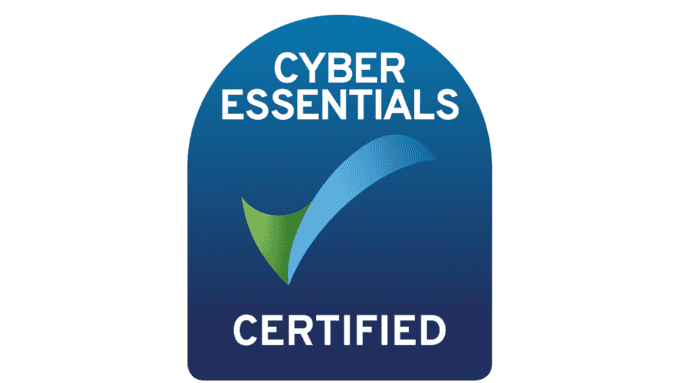Standards
ISO, more formally known as the International Organisation for Standardisation, describe the set of guidelines and certifications that every professional service should maintain. These ensure businesses deliver quality products and services by adhering to national safety standards throughout not just the UK, but the world. This makes national trade and work services more efficient and sustainable ensuring the quality and reliability of international trade. There are standards that cover all industries from Food Safety, Aerospace and Defence, Environmental, Health and Safety, Medical, Quality Management Systems (QMS) etc. Clear Quality understands that it can be difficult to navigate and understand the terminology of these standards, let alone come up with a concrete plan to achieve accreditation, but that’s why we are here to take the pressure away.
ISOs can seem daunting, particularly when thinking about the third-party assessments however, they are not here to trap you. Once you understand the requirements of these standards, it is much easier to recognise the benefits they provide and how they can support and add value to your business.
Our ISO Standards
ISO 9001:2015
ISO 9001:2015 focuses on a continual improvement, process-based approach that supports the effective management of your business. This enables you to meet customers' requirements through an efficient, effective quality management system (QMS). It is suitable for any organisation that wishes to improve customer satisfaction, staff motivation and build a culture of continual improvement.
AS9100
AS9100 is an international management system standard for the aircraft space and defence industry (AS&D). This standard gives suppliers a comprehensive quality management system for providing safe and reliable products to the aerospace industry. AS9100 also addresses civil and military aviation requirements.
ISO 14001
14001 is an international standard that establishes the requirements for an environmental management system (EMS). Elements of the standard include planning, implementation, environmental policy, checking and management review and the PDCA process. The objective is for an organisation to establish an EMS that is integrated with the overall business management process.
ISO 21001:2018
ISO 21001:2018 focuses on a continual improvement, process-based approach that supports the effective management of educational organisations. This enables you to meet the requirements of learners and staff through an efficient, effective quality management system (QMS).
ISO 22000:2005
ISO 22000:2005 is an international standard that sets out the requirements for a food safety management system(FSMS). It enables any organisation in the food industry to demonstrate its ability to control food safety hazards and to ensure that food is safe.
ISO 27001
The ISO 27001 requires the effective implementation of an ISMS - an information security management system. It creates a framework to help you better protect information from breaches, addressing areas of risk and putting measures in place to minimise them.
ISO 45001
Companies around the U.K adopted OHSAS 18001 which helped them maintain and manage their health and safety management systems in a structured manner. The introduction of ISO 45001 will provide a more enhanced and robust framework for their health and safety management system that can also be simply integrated with already existing ISO standards.
ISO 50001
This internationally recognised standard for Energy Management Systems (EnMS) also integrates with other standards such as ISO 9001 and ISO 14001, so if you’re already implementing these, you’re well on the way to achieving it.
IATF 16949:2016
IATF 16949:2016 is an International Standard for Automotive Quality Management Systems. Curated by The International Automotive Task Force (IATF) members back in 1999, the International Organisation for Standardisation (ISO) has since approved 3 editions of this certification for use within the industry, with the latest being published in 2016.
ATEX & IECEx
IECEx is the IEC System for Certification to Standards Relating to Equipment for Use in Explosive Atmospheres. It uses quality specifications based on International Standards which are prepared by the International Electrotechnical Commission.
ATEX is an abbreviation for ‘ATmosphere Explosible’ and the name of the European Directive 2014/34/EC concerning the market of explosion-proof electrical and mechanical equipment, protective systems, and components.
BRITISH RETAIL CONSORTIUM GLOBAL STANDARDS
BRCGS Standards guarantee the standardisation of quality, safety and operational criteria to ensure that manufacturers fulfil their legal obligations and provide protection for the end consumer.
Cyber Essentials
Cyber essentials is an information assurance scheme that is operated by the national cyber security centre and encourages businesses to implement good practice in information security.
Matrix Standard
The Matrix Standard is a quality standard for organisations seeking to assess and measure their information, advice and guidance services (IAG) in a learning or work setting. It ultimately supports individuals regarding career, learning, work and life goals by helping associated services to provide the best support.

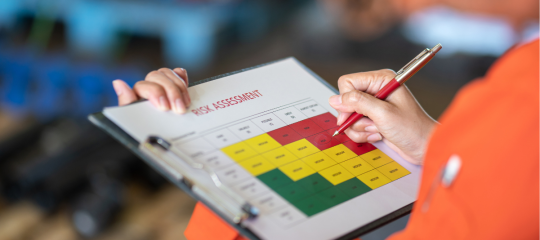 GOVERNANCE OFFICER LEVEL 4
GOVERNANCE OFFICER LEVEL 4
 Skills Bootcamp In Quality Management
Skills Bootcamp In Quality Management

